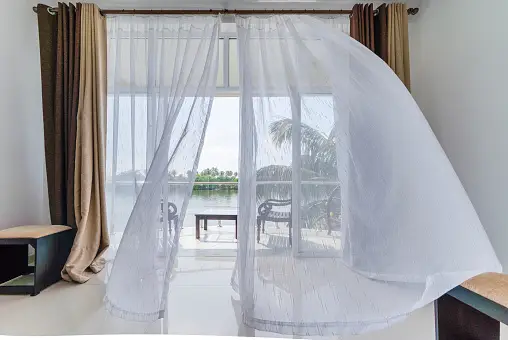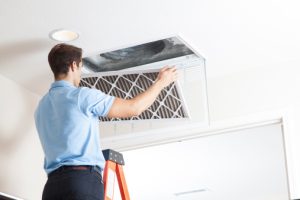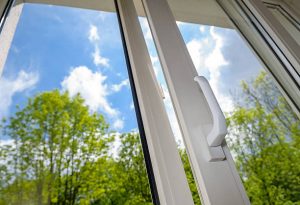The Best Ways to Get Clean Air While You Sleep

By
Stacy Burgin
09/06/2022
The Best Ways to Get Clean Air While You Sleep
You may not think about the quality of your indoor air until you experience a negative reaction from it. If you’re spending more time indoors than usual, such as during the colder months or if you live in an urban city with poor outdoor air quality. Then you may feel the effects on your health and well-being. Luckily, there are ways to get clean air while you sleep. Many simple changes can make a big difference when it comes to breathing easier and getting a good night’s rest. With some simple adjustments. You can create a safer space for yourself and anyone who visits your home frequently. Whether natural or artificial. These tips will help increase the air quality in your home so that you don’t have to suffer from any negative side effects of a filthy indoor environment.
The Best Ways to Get Clean Air While You Sleep
Change Your Air Filters
Air filters help reduce contaminants and improve indoor air quality. Depending on how severe the indoor air pollution issue is, you may need to replace your filters more regularly. You can find air filter options for your home in most hardware stores and online retailers. You can also consider getting an air purifier for your home if the air quality issues are more severe. Air purifiers are designed to trap indoor air contaminants and remove them from the air. However, air purifiers also include air filters. So you may not even need to change the filters as often. If you have allergies. Make sure you have high-quality indoor air filters to prevent outdoor allergens from entering your home and exacerbating allergy symptoms. You can even choose dual-duct air filters that get rid of indoor and outdoor contaminants.Ventilate Your Home
If you live in a heavily-carpeted home. You may want to consider moving towards tile or wood floors instead. Not only does this look fancier, but it also helps to reduce indoor air pollutants. Similarly, if you have heavy drapes or curtains on your windows, you should replace them with lighter, thin cloth options. If you don’t have the budget or desire to replace your window coverings. You can open the windows to allow fresh air to flow through your house. If you’re living in a more urban or city setting. You may not be able to open your windows. In that case, you can install an exhaust fan in your kitchen to help remove stale air and cooking smells. If you don’t have a good ventilation system in your home. Consider installing a whole-home ventilation system to help improve indoor air quality.
The Best Ways to Get Clean Air While You Sleep
Open Windows and Doors
Fresh air is the best remedy for minimizing indoor air pollution and increasing air quality. However, you may not be able to open your windows or doors due to safety concerns or noise pollution. If this is the case, you can use a fan to blow fresh air into your home. If you have a smaller space, such as a bedroom, you can use a smaller fan. If you have a larger space, such as a living room. You may want to use a table fan or oscillating fan to circulate the air. You can even set the fan to oscillate from one room to another to spread the fresh air around your home. If you want to get fancy, you can even buy a smart fan that you can control with your phone. These fans often come with other features. Such as lighting and internet connectivity.
The Best Ways to Get Clean Air While You Sleep
Add Plants for Natural Ventilation
If you’re not able to open your windows or doors due to safety issues. Consider adding plants to your home. Not only will the plants look fancy, but they’ll also help with natural ventilation. When choosing plants for your home. Make sure they have smaller leaves that won’t block your indoor airflow. Additionally, place the plants near your windows so that they can effectively aid in providing fresh air. If you have more space. You can also try installing a greenhouse or indoor garden. Greenhouses and indoor gardens are excellent for providing your home with fresh air and moisture.
The Best Ways to Get Clean Air While You Sleep
